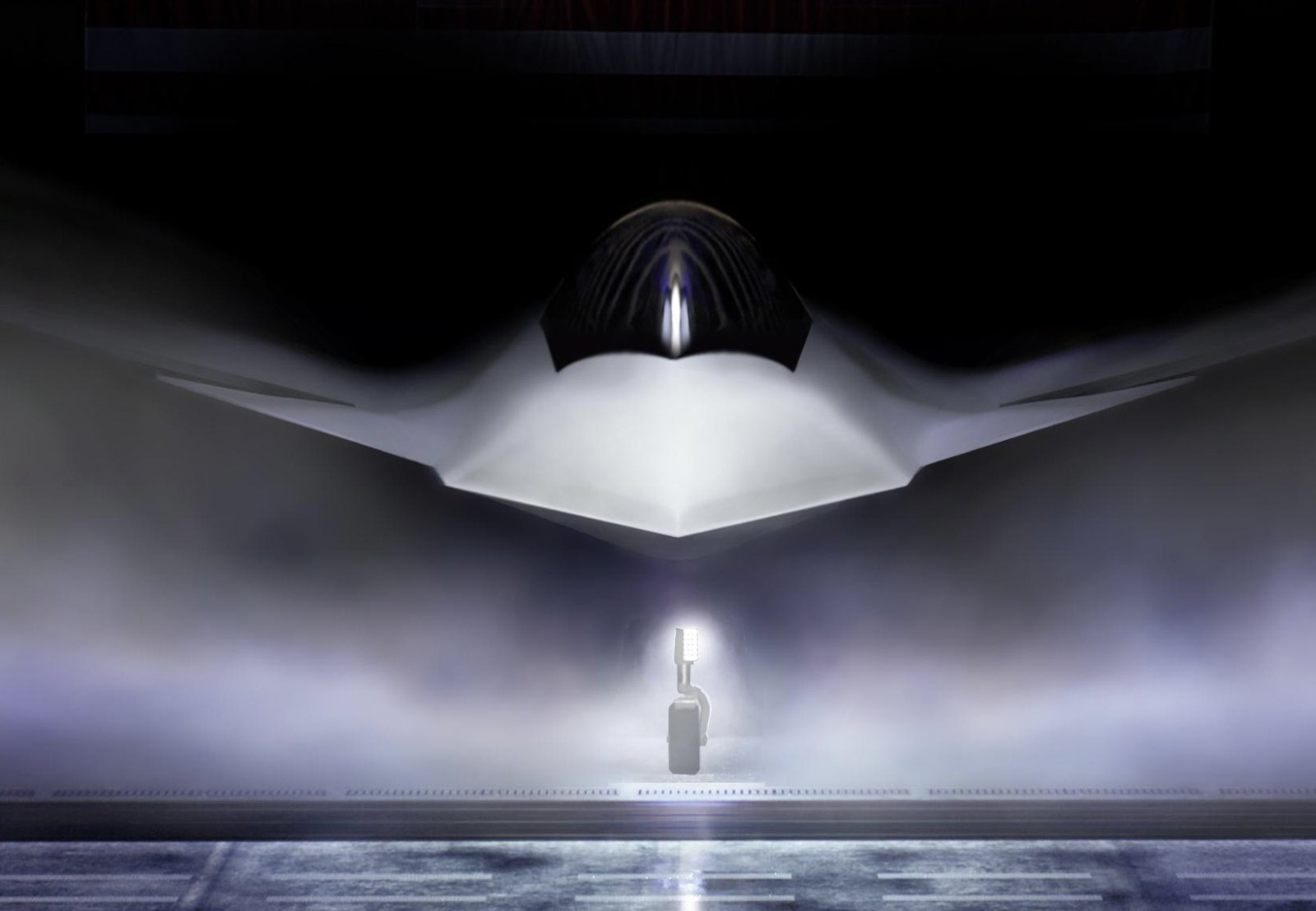After a horrible 2024 marked by repeated aviation safety incidents, space program setbacks, and whistleblower exposés, the US aerospace giant Boeing finally seems to be on a path of recovery.
Despite the major setback last month, when a Boeing 787-8 Dreamliner operated by Air India crashed, killing all 242 people on board, the company has had a decent year so far.
After losing two back-to-back fifth-generation fighter jet contracts (the F-22 Raptor and the F-35 Lightning II) to Lockheed Martin, Boeing Defense finally won a major defense contract, winning the award for the US’s sixth-generation fighter jet program, termed F-47, in March this year.
Additionally, the company’s F-15EX Eagle is back in business, with Boeing’s F-15EX program getting an additional US$3.1 billion “to increase production.”
Similarly, the company’s civil aviation arm is also on the path of recovery, as Boeing increased production and deliveries, and won multiple deals for over 450 passenger aircraft.
This came after the aerospace major had a forgettable 2024, recording losses of billions of dollars, a spate of civil aviation accidents, and exposés by company insiders.

Notably, Boeing, a cornerstone of American manufacturing and a major contributor to the U.S. economy, directly employs over 150,000 people in the US, and countless others through its supply chains.
Boeing Q2 results
On July 29, Boeing posted its Q2 results. The company’s quarterly net losses have more than halved compared to a year ago.
The company posted a 57.4% fall in its net loss to US$612 million for the quarter ended June 30, 2025, from the US$1.44 billion loss reported at the same period last year.
At the same time, Boeing’s revenue for the quarter under review rose nearly 35% to US$22.75 billion from US$16.86 billion in the corresponding period of the previous year.
Furthermore, the planemaker’s cash flow, an important indicator of a company’s financial health, was reported at US$200 million for the second quarter.
More importantly, the company recorded improved performance in all its business segments.
Segment-Wise Performance
Global Services: For the second quarter of the current financial year, Boeing reported a revenue of US$5.3 billion from global services, up from US$4.9 billion posted in the same quarter last year.
The company also finalized the sale of its maintenance, repair, and overhaul (MRO) facility at Gatwick Airport to British Airways.
Boeing Defense: Boeing posted a revenue of US$6.6 billion from the defense, space, and security sector compared to US$6 billion in the corresponding quarter last year, registering a 10 % growth.
Significantly, the company’s defense segment did not report a loss in the first half of 2025. This is the first time since 2019 that the aerospace giant’s defense business hasn’t reported a loss for two consecutive quarters.
In the second quarter, the defense segment of the company posted a profit of US$110 million, compared to a loss of US$913 million in the same time last year.
Operating margin was 1.7% during the quarter, compared to -15.2% in the same time last year.
This is a significant turnaround, as in 2024 it booked an annual record of $4.9 billion in losses (Opens in a new window)on fixed-price programs like the KC-46 tanker, MQ-25 refueling drone, and the new Air Force One program.
Under the fixed-price programs, the company winning the award has to bear any cost overruns due to technical challenges, supply chain issues, or inflation.
During the quarter, Boeing Defense received an award from the US Air Force (USAF) to manufacture four T-7A Red Hawk prototype aircraft and started ground testing on the first MQ-25 Stingray for the US Navy.
Backlog at Defense, Space & Security grew to US$74 billion, with 22 percent representing orders from customers outside the U.S.
In March, Boeing won the Next Generation Air Dominance (NGAD) contract for the F-47 fighter jet, which was awarded by the U.S. Air Force and is valued at over US$20 billion for the engineering and manufacturing development (EMD) phase.

The contract is significant as this is the first time that Boeing has won an award for a stealth fighter jet. Earlier, it had lost the award for F-22 Raptor and F-35 Lightning-II to Lockheed Martin. Similarly, Northrop Grumman won the award for B-21 Raider, the USAF’s sixth-generation bomber aircraft.
Boeing also highlighted the US$2.8 billion contract awarded by the US Space Force Space Systems Command (SSC) earlier this month to build the first two Evolved Strategic Satcom (ESS) satellites for space-based nuclear command and control and communication.
“This contract is consistent with our strategy to ensure we enter into the appropriate contract type for the appropriate type of work. Furthermore, this award is a testament to our role as a leader in national security space, and we stand ready to support future programs like the Golden Dome,” CEO Kelly Ortberg told investors in an earnings call.
“We want to get our BDS [Boeing Defense, Space and Security] business back to high single-digit margins and see nothing that’s going to keep us from doing that,” Ortberg (Opens in a new window)told investors.
“As we’re entering into these new contracts, we’re following our process to make sure that we only enter into the appropriate contracting type. So, these recent big wins we have, the development parts of those programs is always cost-plus. So we’re not making the errors of the past and signing up for fixed-price development, high-risk programs,” he added.
Commercial Airplanes: Revenue from commercial airplanes, a major component of the overall revenue, stood at US$10.9 billion in Q2 from US$6 billion in the same quarter of the previous year, registering an impressive 81.67% growth.
Similarly, the company registered a loss of US$557 million, as against the loss of US$715 million in the same quarter in the previous year. Operating margins improved from -11.7% a year ago to -5.1%.
The company’s revenue in the commercial airplanes segment increased due to production expansion and increased deliveries.
In Q2 2025, the company delivered 150 aircraft, compared to 92 aircraft a year ago.
Boeing delivered 206 737 MAX jets through the first half of the year, compared to 135 a year earlier. Across all commercial jet programs, it delivered 285 aircraft through June, compared to 175 during the same period in 2024.
The 737 program increased the production rate to 38 per month in the quarter and plans to stabilize at that rate before requesting approval to increase to 42 per month later this year, the company stated.
The company secured 455 net orders of commercial airplanes in the quarter, including 120 787 and 30 777-9 planes for Qatar Airways, as well as 32 787-10 aircraft for British Airways.
The company’s backlog stood at over 5,900 airplanes valued at US$522 billion.
Surprisingly, the Trump administration’s trade wars also helped Boeing. The recent deals with the EU established that no tariffs would be placed on aircraft and aircraft parts. Similarly, the trade deals with the UK and Indonesia were accompanied by big Boeing jet orders from those nations.
However, the company’s financial improvements were tempered by its announcement that certification of the 737 MAX 7 and 10 models will not happen until 2026.
Also, the company has not posted a full-year profit since 2018.
The biggest headache for the company, though, remains the impending strike by its workers’ union. The union represents 3,200 Boeing employees, mostly in the St. Louis area. If negotiations stall, union members could approve a strike.
- Sumit Ahlawat has over a decade of experience in news media. He has worked with Press Trust of India, Times Now, Zee News, Economic Times, and Microsoft News. He holds a Master’s Degree in International Media and Modern History from the University of Sheffield, UK.
- VIEWS PERSONAL OF THE AUTHOR.
- He can be reached at ahlawat.sumit85 (at) gmail.com



